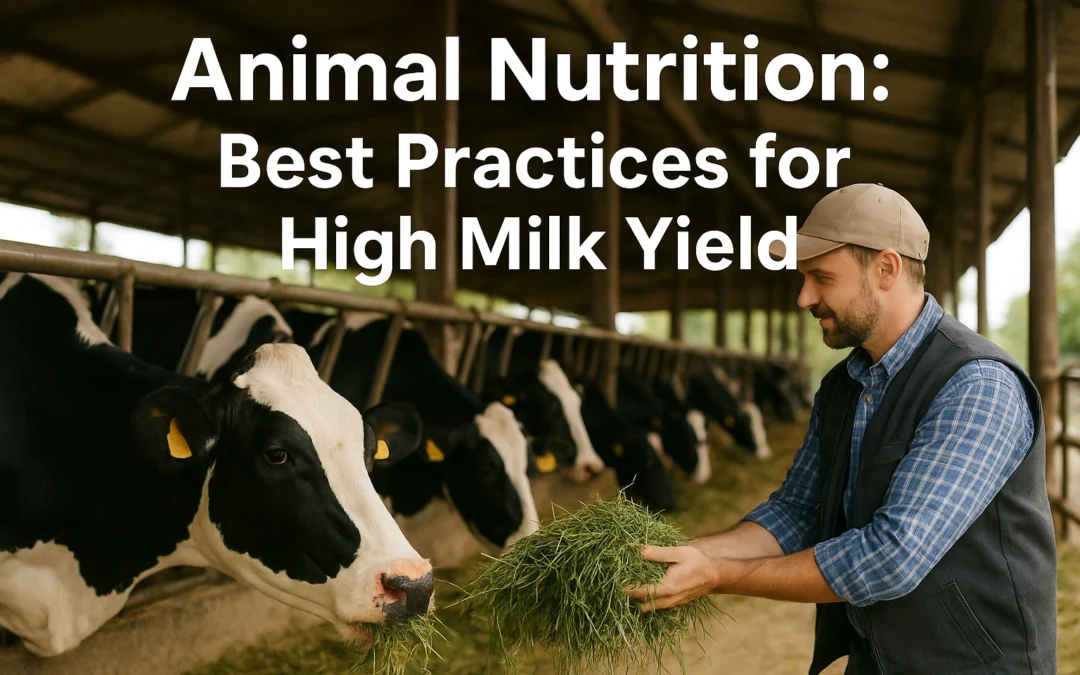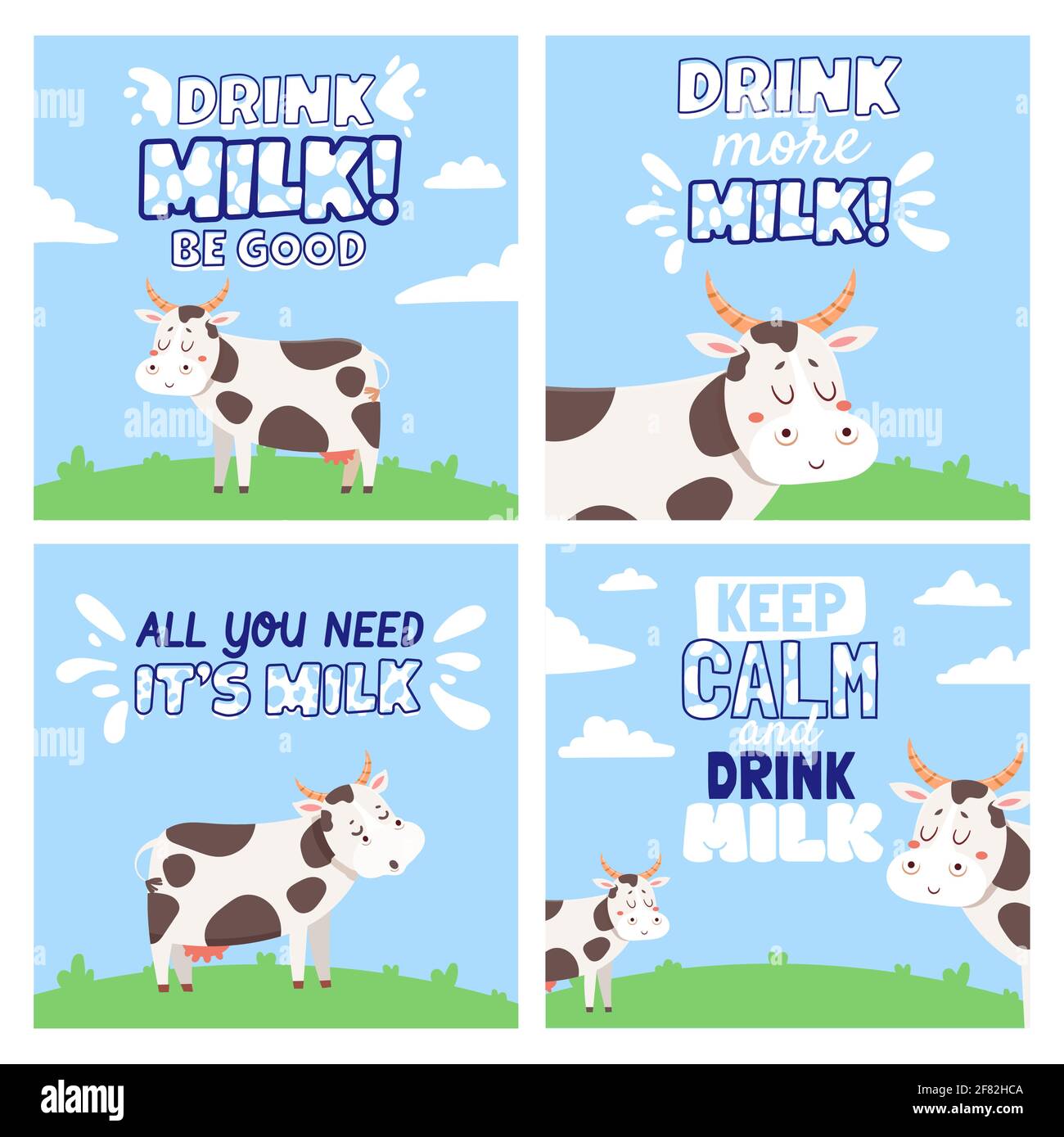Animal care and nutrition are the foundation of a successful dairy farm. Healthy, well-fed cattle not only produce more milk but also live longer and are less prone to disease. For farmers, focusing on proper feeding, housing, and healthcare practices ensures both productivity and profitability.
Nutrition plays the most crucial role in dairy farming. Cattle require a balanced diet consisting of green fodder, dry fodder, and concentrate feed. Green fodder provides essential vitamins and minerals, while dry fodder supplies fiber for digestion. Concentrates such as grains, oil cakes, and mineral mixtures improve milk yield. Additionally, providing constant access to clean drinking water is vital, as a lactating cow can consume up to 100 liters of water daily.
Mineral supplements and feed additives are equally important. Calcium, phosphorus, and salt should be included in the diet to maintain strong bones, fertility, and high milk quality. In regions where natural fodder is deficient, farmers can use fortified feed to meet nutritional needs.
Equally important is animal care. Clean housing reduces the chances of infections like mastitis, while proper ventilation ensures comfort. Regular grooming keeps animals clean, reduces parasites, and strengthens the bond between farmer and cattle. Vaccinations and deworming schedules should never be ignored, as they prevent major diseases and ensure herd health.
Farmers should also observe their animals daily. Changes in behavior, appetite, or milk output can signal health issues early. Quick action and veterinary support can save both the animal and farm income.
In conclusion, dairy farming success depends on the farmer’s ability to balance nutrition and care. By investing in quality feed, clean housing, and preventive healthcare, farmers can achieve high milk yields, healthier herds, and sustainable growth in the dairy business.

